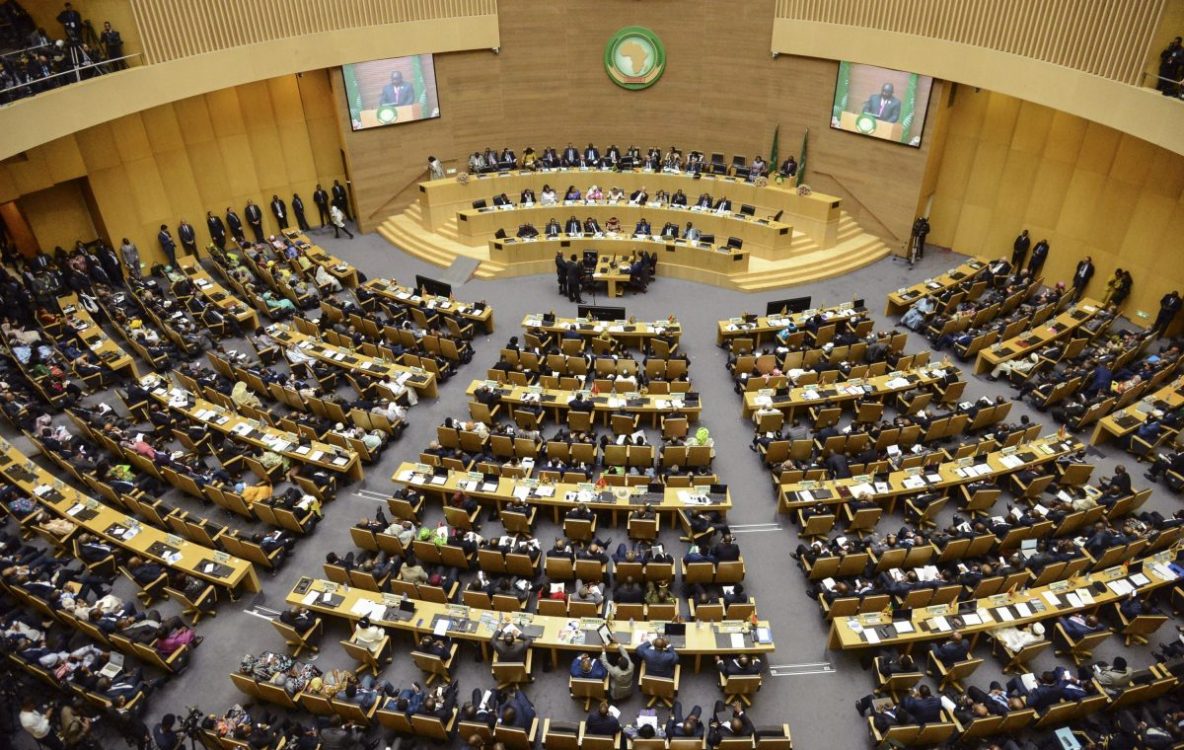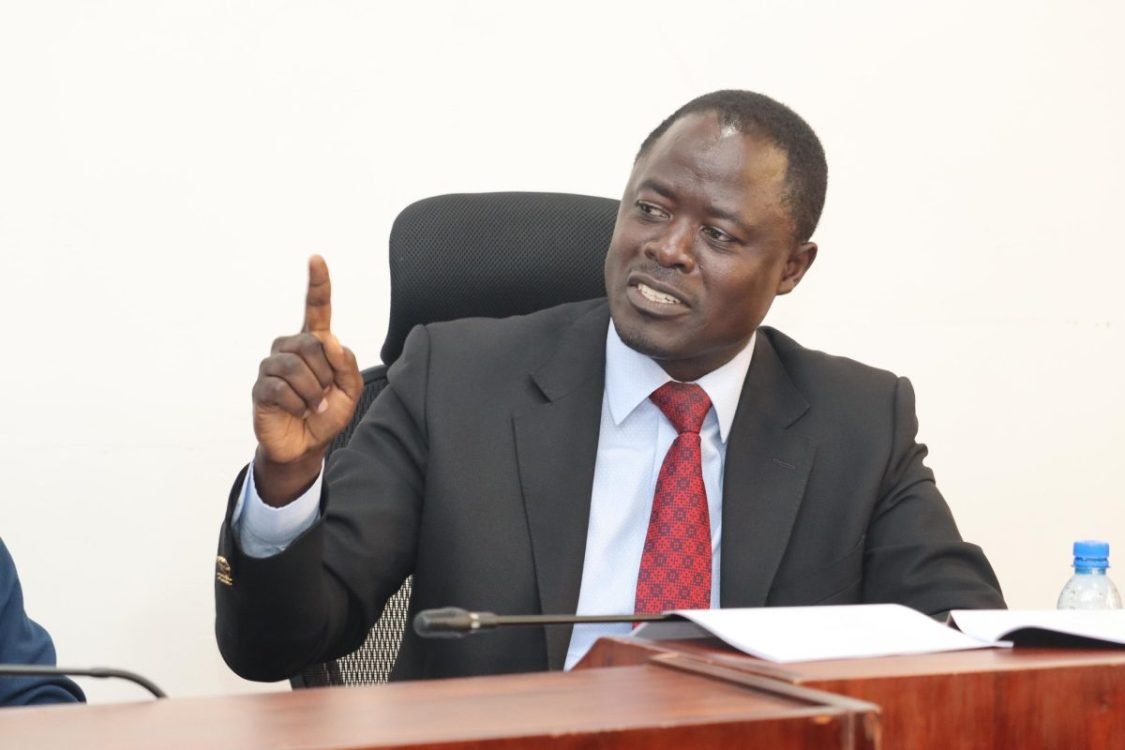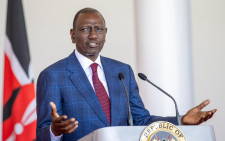African states told to boost funding for food security

African Union (AU) wants member governments to set aside up to one per cent of their gross domestic product (GDP) to finance and promote sustainable food security.
It argues that increasing funding to one per cent of GDP will help finance research, innovations and expansion of area under farming to make the continent food secure and to a large extent reduce the import bill which currently stands at $55 billion.
For example, based on the National Treasury and Planning data, Kenya agriculture can benefit from over Sh300 billion annually as one per cent of the country’s GDP.
Food production
Olalekan Akinbo, a senior official with the African Union Development Agency – New Partnership for Africa’s Development (NEPAD) recently stated that the new spirit in the continent is geared towards exploring all options designed to boost food production.
“This is why we are advocating for allocation of one per cent of GDP to the agriculture sector. This will finance research, adoption of new technologies and provision of high yielding varieties,” he said. Akinbo, a plant breeder and supervisor with AUDA-NEPAD said African population is growing fast and thus the need for governments to finance sustainable food production. He made the remarks during a one-day forum of experts and government officials organised in conjunction with Kenya Agriculture and Livestock Research Organisation (Kalro) to discuss the possibility of adoption of gene editing.
According to World Economics, the official estimate for Kenya’s GDP was $264 billion at the end of 2022 in purchasing power parity terms.
Food production, Akinbo said, is one of the key activities under the AU agenda and more so based on feeding the increasing population and urbanisation of the region.
If the proposal is adopted, it will be the departure of the Malabo declaration on accelerated agricultural growth and transformation for shared prosperity and improved livelihoods that committed African governments towards a remarkable set of concrete agriculture goals to be attained by 2025.
African governments committed to allocate at least 10 per cent of public expenditure to agriculture, establish appropriate policy and institutional frameworks for agriculture and double agricultural productivity levels.
According to Alliance for Green Revolution in Africa (AGRA), food import bill for the continent currently stand at $55 billion but predict the same could double by 2030. The institution states that many cities will double in size by 2050 and thus increase food demand.
This will be followed by rural-urban migration though the same is likely to stifle labour provision and to large extent food production. “Currently the new spirit in the continent is for the governments to push for adoption of biotechnology and specifically gene editing to strengthen food production, “Akinbo added. Genome editing, also called gene editing, is a group of technologies that give scientists the ability to change an organism’s DNA. These technologies allow genetic material to be added or removed.
Gene editing
Martin Mwirigi, a biotechnology institute livestock biotechnology research scientist at Kalro said gene editing is adding up to various options being fast tracked to improve quality food production. “Kenya is ready to adopt gene editing technology and that there is a necessary framework to regulate it. This equally will help in reducing the period used to develop various varieties currently,” he said Mwirigi.
This, he added is a significant move towards enhanced productivity and guarantee sustained production. AU opines that at the core of the gene editing conversation is the imperative and urgent need to advance and optimise Africa’s agriculture and food systems.












